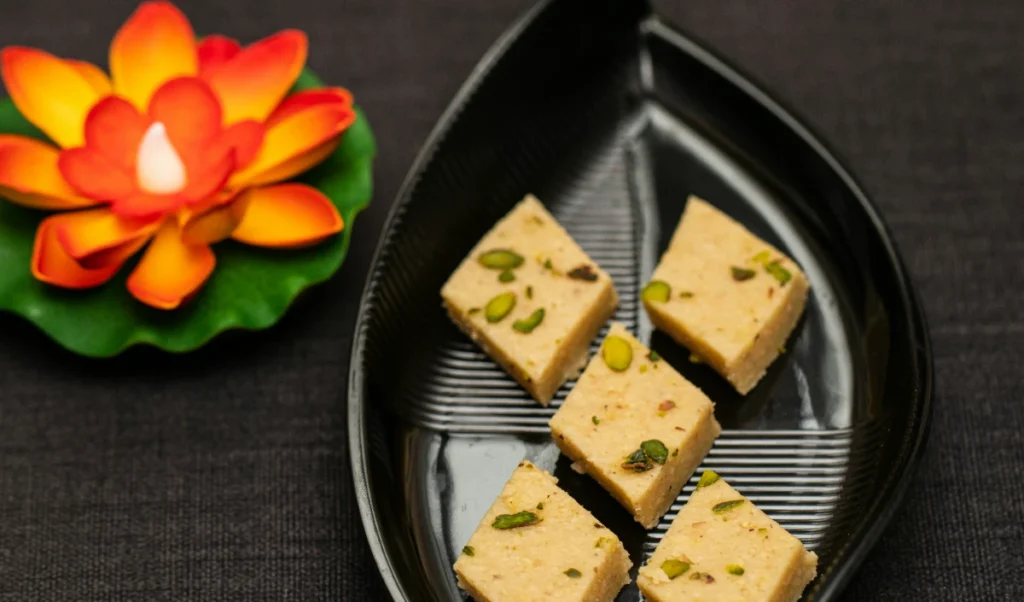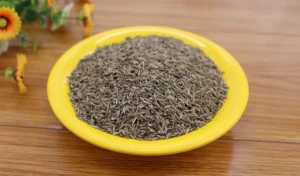
As soon as the festival of Diwali arrives, every house is filled with sweets, snacks and chocolates. During this five-day festival, people give gifts to each other and families prepare dishes for everyone. Some of the most common sweets found in homes are laddu, chocolate box, soan papdi and barfi. Health experts have said that some sweets can be eaten on Diwali but some sweets should be avoided. Let us tell you which sweets should not be eaten.
Which sweets to eat and which not to eat?
This Diwali, you should not reduce happiness for the sake of health, but choose better happiness. From A2 ghee laddus to antioxidant hampers, take your pick.
– Boondi laddu from market vs homemade gram flour laddu
Boondi laddus available in the market are made of refined sugar, cheap oil and synthetic colors (one kg laddu contains about 700 grams of sugar), instead eat homemade gram flour laddus made with A2 ghee and jaggery.
– Packaged Soan Papdi or Burfi boxes vs Pistachios and Gulab Coconut Bites
Every year during Diwali, every household has at least one box of soan papdi or barfi and these sweets are rich in refined sugar. Therefore, cardiologists recommend eating pistachio and rose coconut bites made from date puree instead of these sweets.
– Fried snacks vs. a mix of roasted nuts and seeds
When you welcome guests to your home during the Diwali festivities, you might end up serving them fried namkeens, which are mostly loaded with preservatives. Try serving a mixture of roasted nuts and seeds instead.
– Fancy Gift Hampers vs. Curated Wellness Baskets
For Diwali gifts, we often choose fancy gift hampers that include wafers, chocolates and packaged sweets and these are not good for health. So, you can choose the Wellness Basket made of blueberries, avocado, dragon fruit and dark chocolate (85%).







